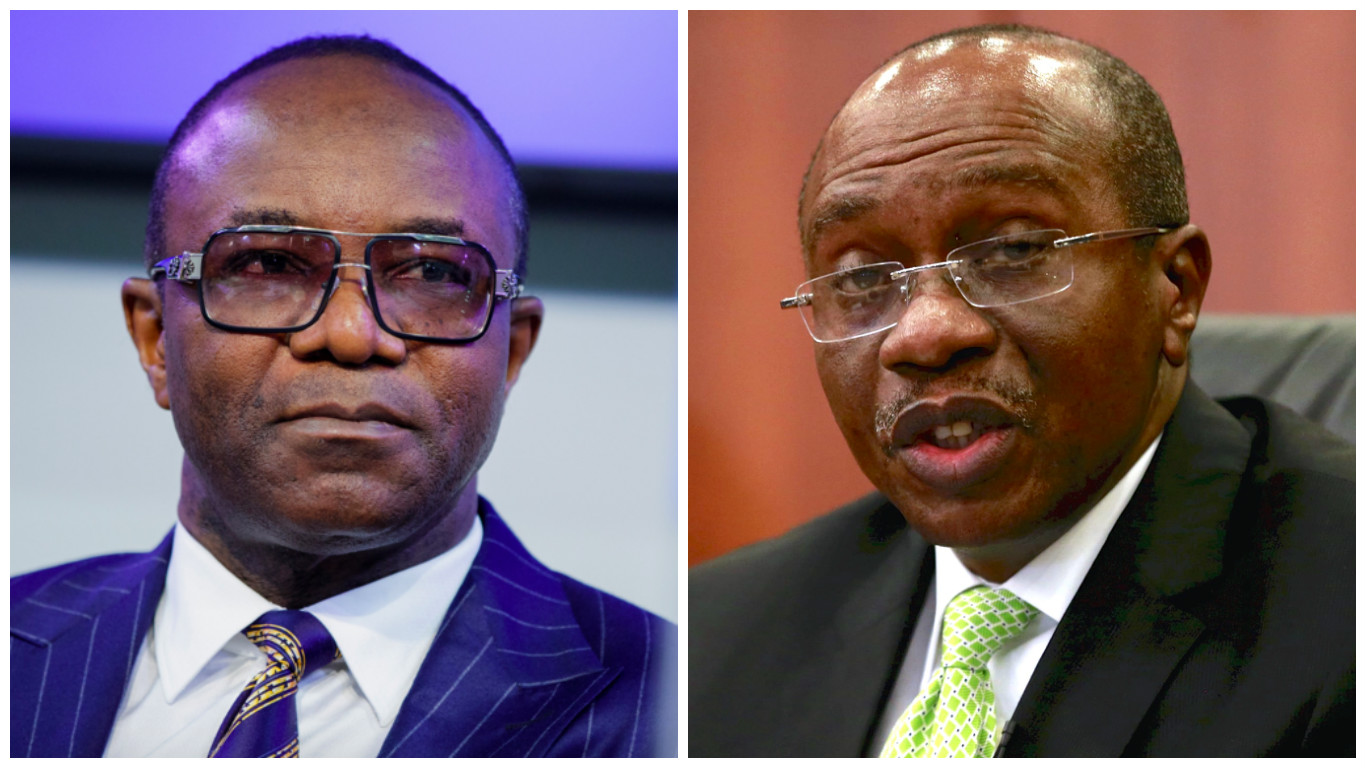The consistent fall in global oil prices in the past few weeks may hurt the nation’s external reserves and inhibit the Central Bank of Nigeria’s (CBN’s) naira defence policy, keen watchers of the Nigerian economy have said.
The analysts who hailed the new forex policy put in place by the CBN are cautious that in the prevailing circumstance of oil price dropping below $50, the apex bank’s effort to shore up the value of the naira in the foreign exchange market, may be jeopardized as low oil proceeds bring down reserves.
Though the effect is yet to be overt, the report by the Nigerian Bureau of Statistics for the month of May 2017 on the nation’s external reserves, which indicates that reserves dropped to $30.22 billion from $30.99 billion within a month is a pointer to a scenario of further drops if the current global oil prices are taken into consideration.
The decline in foreign reserves is adjudged the lowest in three months by the statistics agency, and that the $30.22 billion could sustain Nigeria’s import bill for a period of four months.
The falling prices, according to Wall Street Journal analysis of data from the U.S. Energy Department and the International Trade, would finally hurt oil producing countries like OPEC and Nigeria in particular, which depends for nearly 70 percent of her revenues from the sale of crude oil.
For example, on June 14, crude oil futures lost $0.45 to sell at $48.27 per barrel, a 0.92% drop in price. Though Nigeria’s oil stock in the international market may grow with the resumption of exports from her Forcados terminal, the restiveness in the Niger Delta may portend revenue risk, coupled with drop in prices.
The Paris-based International Energy Agency (IEA) had forecast that oil demand would outpace supply in the second half of this year but excess inventories will persist well into 2018, dealing a blow to global crude producers enacting output cuts to bring down stubbornly high stockpiles.
Although the relative peace in Nigeria’s oil rich Niger Delta and the resumption of export from major export terminals combined to increase output for Nigeria, the near saturation of the oil market courtesy of high aggregate export from both OPEC and non-OPEC exporting nations are pointer to glut in oil prices.
Oil producers’ efforts to restrain supply and thereby re-balance the market is said to be a tough call given the fact that the efforts are not having as quick an impact as expected, due to prevailing high stockpiles and rising global production thus impacting negatively on possible price recovery.
The oil price of bellow $48 per barrel is a close call to Nigeria’s 2017 oil price benchmark of $42.5.
CBN’s current foreign exchange market policy is dependent on the volume of dollar standing in the nation’s reserve.
The last effort made at defending the naira CBN pumped $413.5 million into the market. There was the offer of $100million to dealers in the wholesale window, while the Small and Medium Enterprises (SME) window was allocated $28 million just as the invisible sector was allocated $25.5 million to meet the needs of those requiring forex for business and personal travels, tuition fees and medicals. There was also the earlier release of $260 million for auction sales in the retail window.

By Kelvin Egerue







